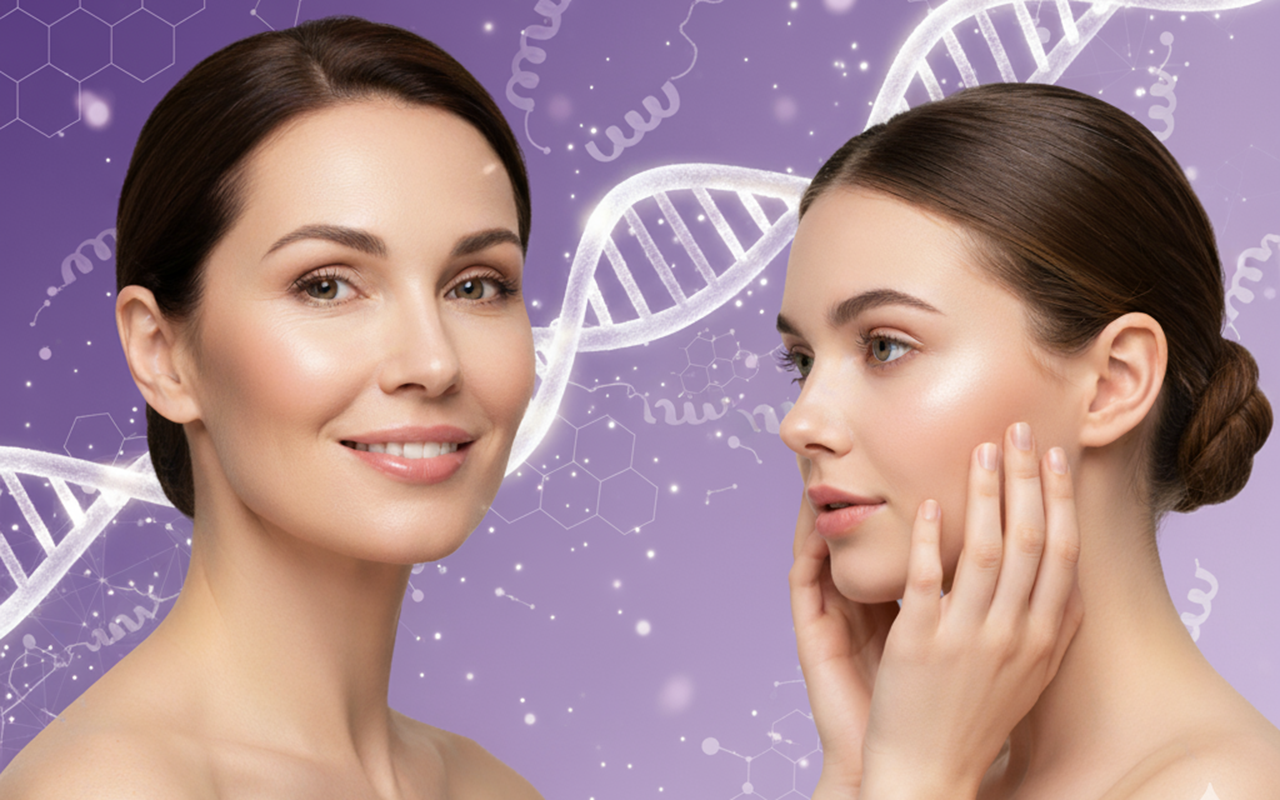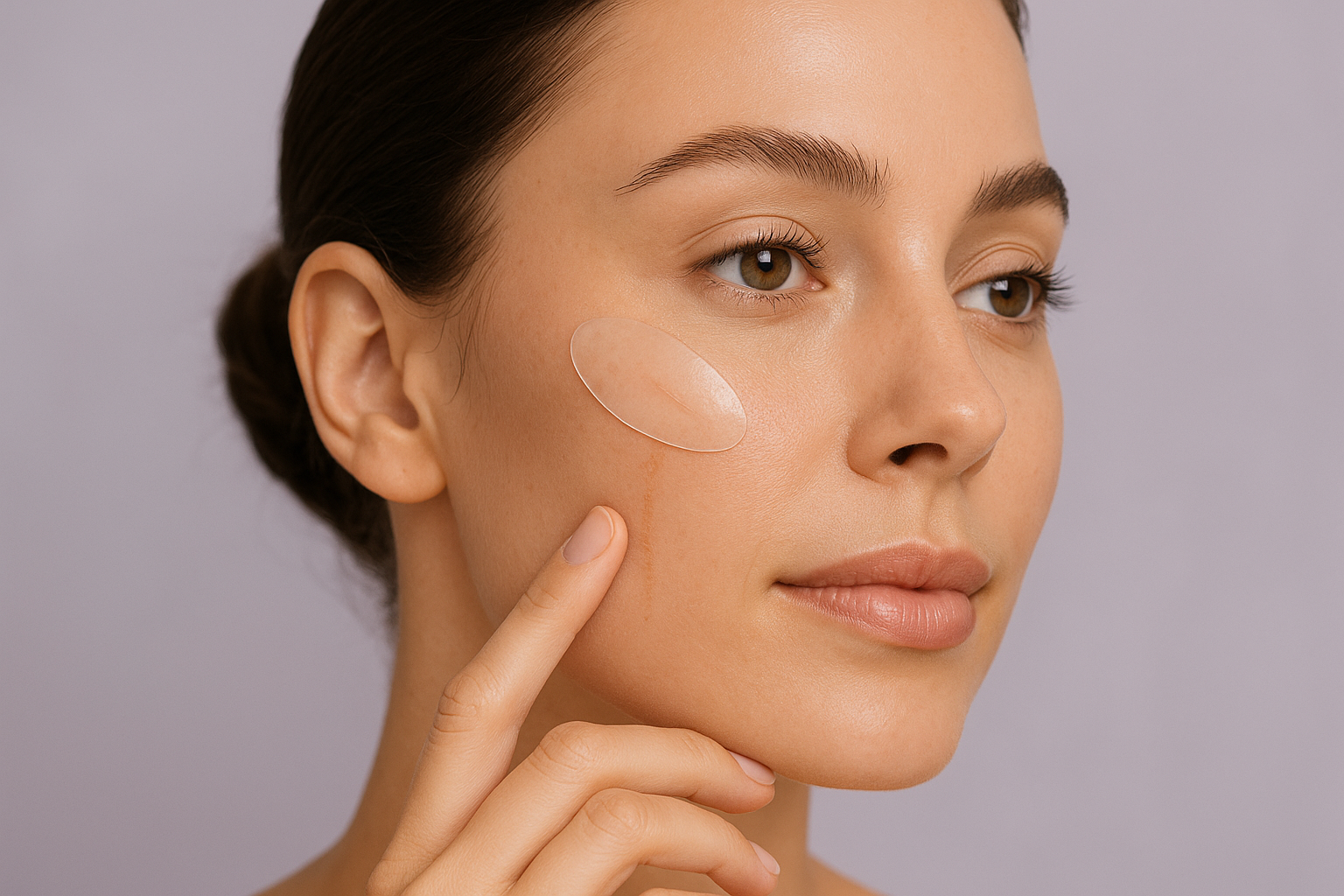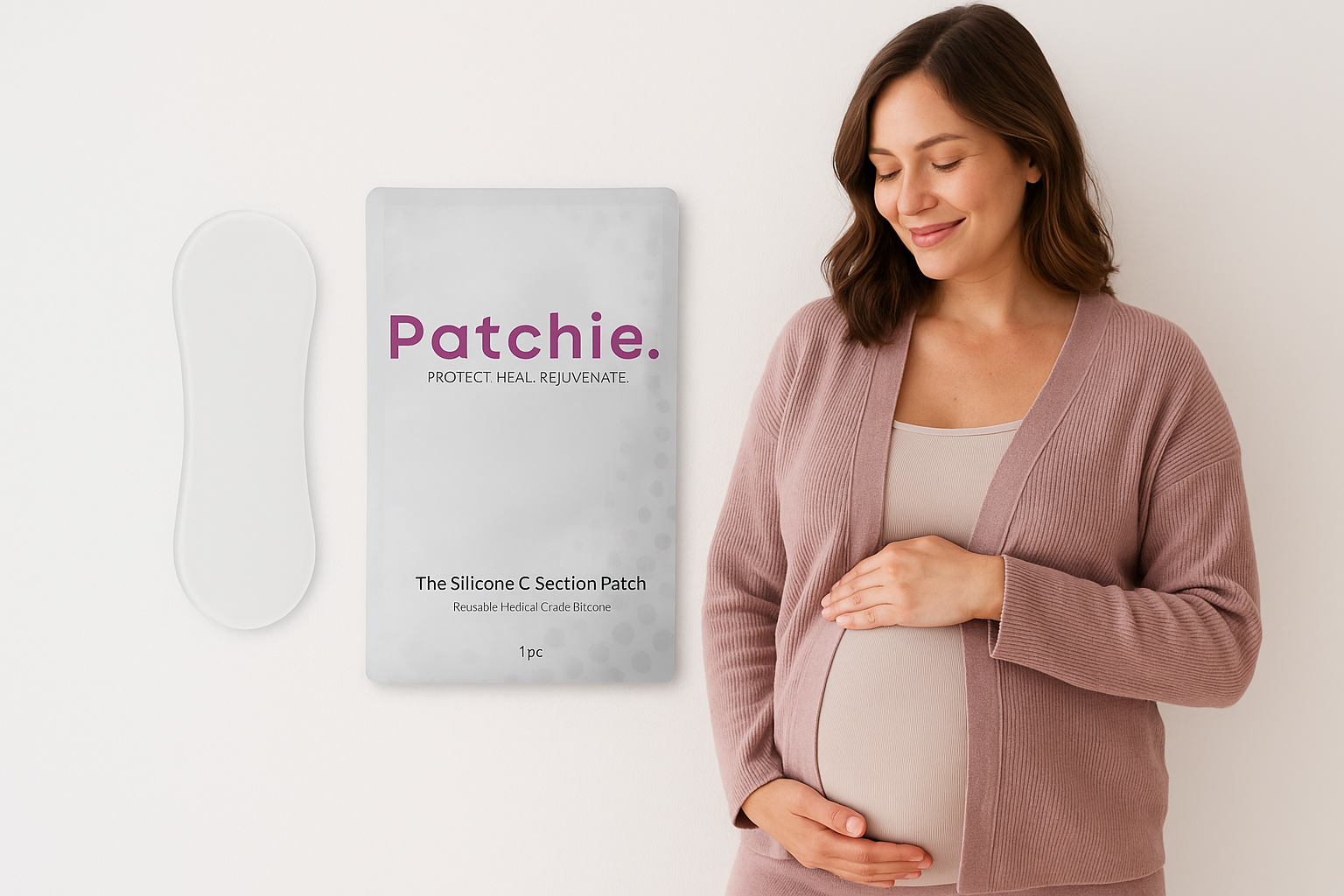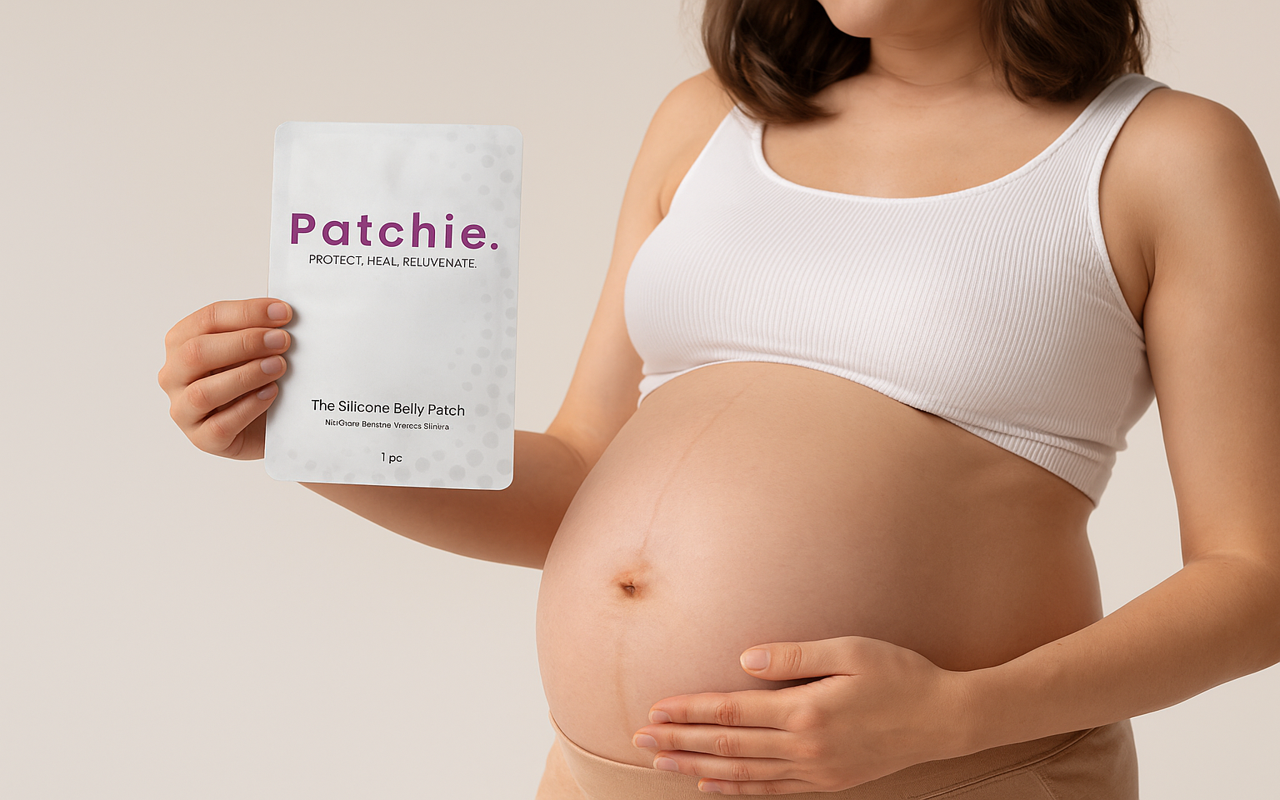Collagen: The Building Block of Youthful Skin and Lasting Health

Why Collagen Matters
Collagen has become one of the most talked-about ingredients in the health and beauty world. From powders and peptides to silicone patches and skincare serums, the collagen market is booming — and for good reason. Collagen is the most abundant protein in the human body, making up nearly 30% of our total protein content. It plays a critical role in keeping our skin smooth, our joints mobile, and our hair and nails strong. Yet as we age, our natural collagen production declines, leading to visible wrinkles, sagging skin, and joint stiffness. Understanding collagen and how to support it can make a dramatic difference in how we look and feel.
What Is Collagen?
Collagen is a structural protein found in connective tissues such as skin, tendons, cartilage, and bones. Think of it as the “glue” that holds the body together. Its fibrous, rope-like structure gives tissues strength and elasticity. Without collagen, our skin would lose its firmness, our joints would lose their cushioning, and our bodies would struggle to heal after injury.
There are over 28 types of collagen, but the three most important for humans are:
- Type I: Found in skin, hair, nails, bones, and ligaments. It provides structure and strength.
- Type II: Found in cartilage, supporting joint health and flexibility.
- Type III: Found in skin, blood vessels, and internal organs, often working alongside Type I.
Why Collagen Declines With Age
Starting in our mid-20s, the body naturally produces less collagen — around 1% less per year. By the time we reach our 40s and 50s, collagen loss is visible in fine lines, thinning skin, brittle nails, and joint aches. Lifestyle choices can speed up this decline:
- UV exposure damages collagen fibers and accelerates wrinkles.
- High sugar diets promote glycation, weakening collagen bonds.
- Smoking reduces blood flow and collagen synthesis.
- Stress and poor sleep hinder the body’s repair cycle, reducing collagen renewal.
The Benefits of Collagen
Collagen isn’t just about vanity — it affects overall wellness. Some of the most researched benefits include:
-
Skin Health & Anti-Aging
Collagen peptides improve skin elasticity, hydration, and firmness. Clinical studies show that consistent supplementation can reduce wrinkles and increase skin smoothness within 8–12 weeks. -
Scar Healing & Stretch Marks
Collagen plays a vital role in wound repair and scar reduction. Silicone patches and collagen-boosting products create an optimal environment for healing by locking in hydration and stimulating regeneration. -
Joint & Bone Support
Type II collagen helps cushion joints, reducing stiffness and pain. Athletes and people with arthritis often report better mobility with collagen supplementation. -
Stronger Hair & Nails
Collagen provides amino acids like proline, essential for keratin production. This leads to faster nail growth, stronger strands, and reduced hair thinning. -
Gut Health
Collagen strengthens the gut lining, which may help with digestive issues like leaky gut syndrome.
Ways to Boost Collagen Naturally
The body can’t absorb collagen directly from food in its complete form, but it can break it down into amino acids to rebuild collagen fibers. Here’s how to support natural production:
- Eat Protein-Rich Foods: Bone broth, chicken skin, fish, eggs, and lean meats.
- Include Vitamin C: Found in citrus, kiwis, and leafy greens, vitamin C is crucial for collagen synthesis.
- Add Zinc & Copper: Trace minerals in nuts, seeds, and shellfish support enzymatic processes that build collagen.
- Stay Hydrated: Collagen works best when skin and tissues are hydrated.
Collagen Supplements: Do They Work?
Collagen powders, peptides, and capsules have surged in popularity. These hydrolyzed forms of collagen are broken down into small peptides that the body can absorb more efficiently. Research shows that oral collagen supplements can improve skin elasticity, hydration, and dermal density. They may also reduce joint pain and improve recovery after exercise.
When choosing a supplement, look for:
- Hydrolyzed collagen peptides (for better absorption).
- Multi-collagen blends (Type I, II, and III).
- Third-party testing for purity and safety.
Topical Collagen & Patches
Skincare products such as silicone patches and collagen-infused masks also play a role. These create an occlusive barrier, preventing water loss and allowing the skin to repair itself. By keeping the skin hydrated and supported, they encourage the body to rebuild collagen naturally in the treated area. For scars, stretch marks, and wrinkles, topical support plus internal supplementation can deliver faster, visible results.
While supplements and skincare help, lifestyle is equally important. To protect collagen:
- Use sunscreen daily to prevent UV damage.
- Avoid smoking and limit alcohol.
- Choose a balanced diet low in refined sugar.
- Prioritize sleep and stress management to enhance repair cycles.
If you’re searching for collagen solutions, you’ll likely see these key terms:
- collagen peptides, collagen supplements, hydrolyzed collagen, anti-aging collagen, silicone patches, collagen for skin, collagen for scars, collagen for stretch marks, collagen for joints, collagen benefits.
These phrases matter because they reflect what people are actively searching for — and they highlight the wide variety of benefits that collagen provides.
Conclusion: Invest in Your Collagen
Collagen is more than a beauty trend — it’s the foundation of youthful skin, strong joints, and overall vitality. While age and lifestyle factors reduce natural collagen, modern science offers effective ways to replenish and protect it. From collagen-rich diets to supplements and topical innovations like silicone patches, investing in your collagen today means looking and feeling better tomorrow.



